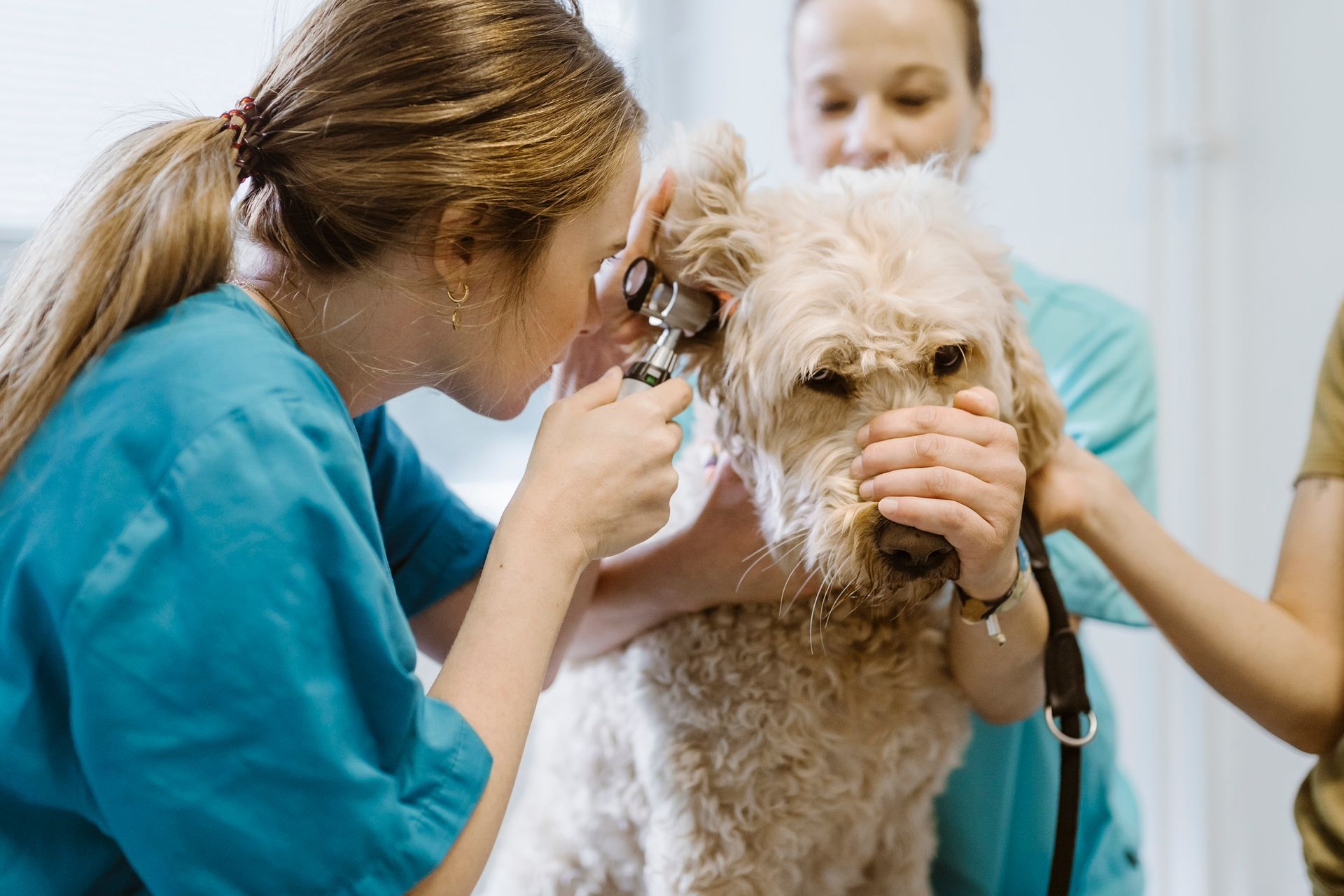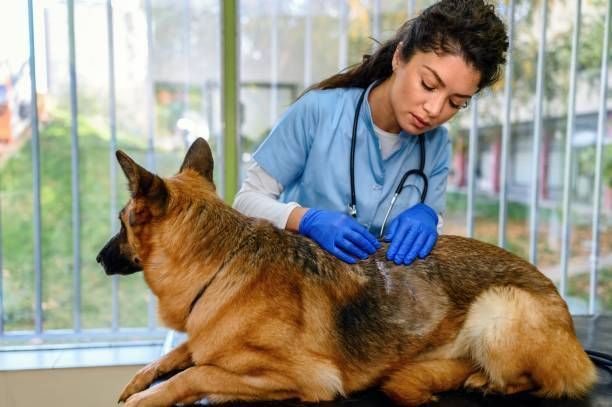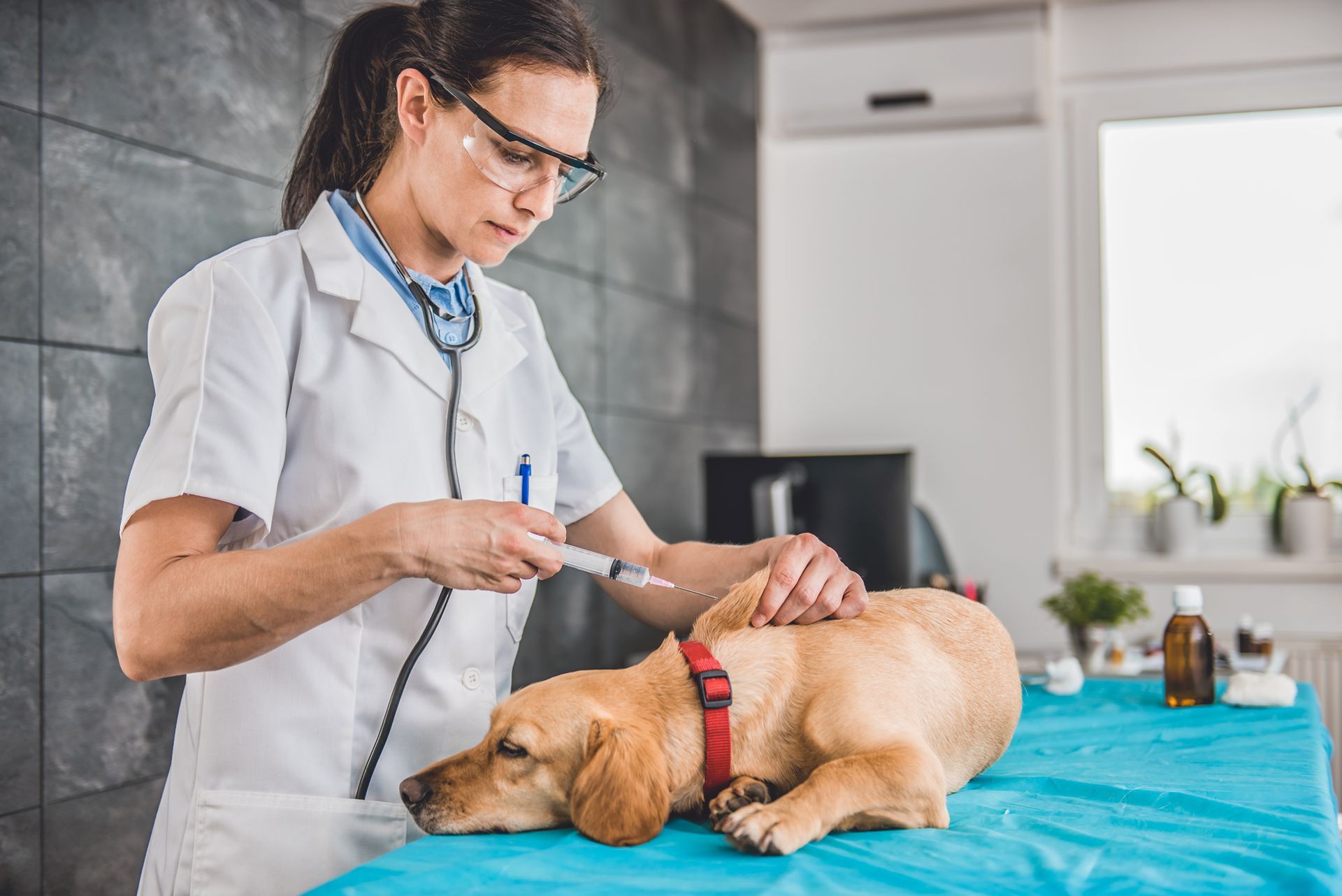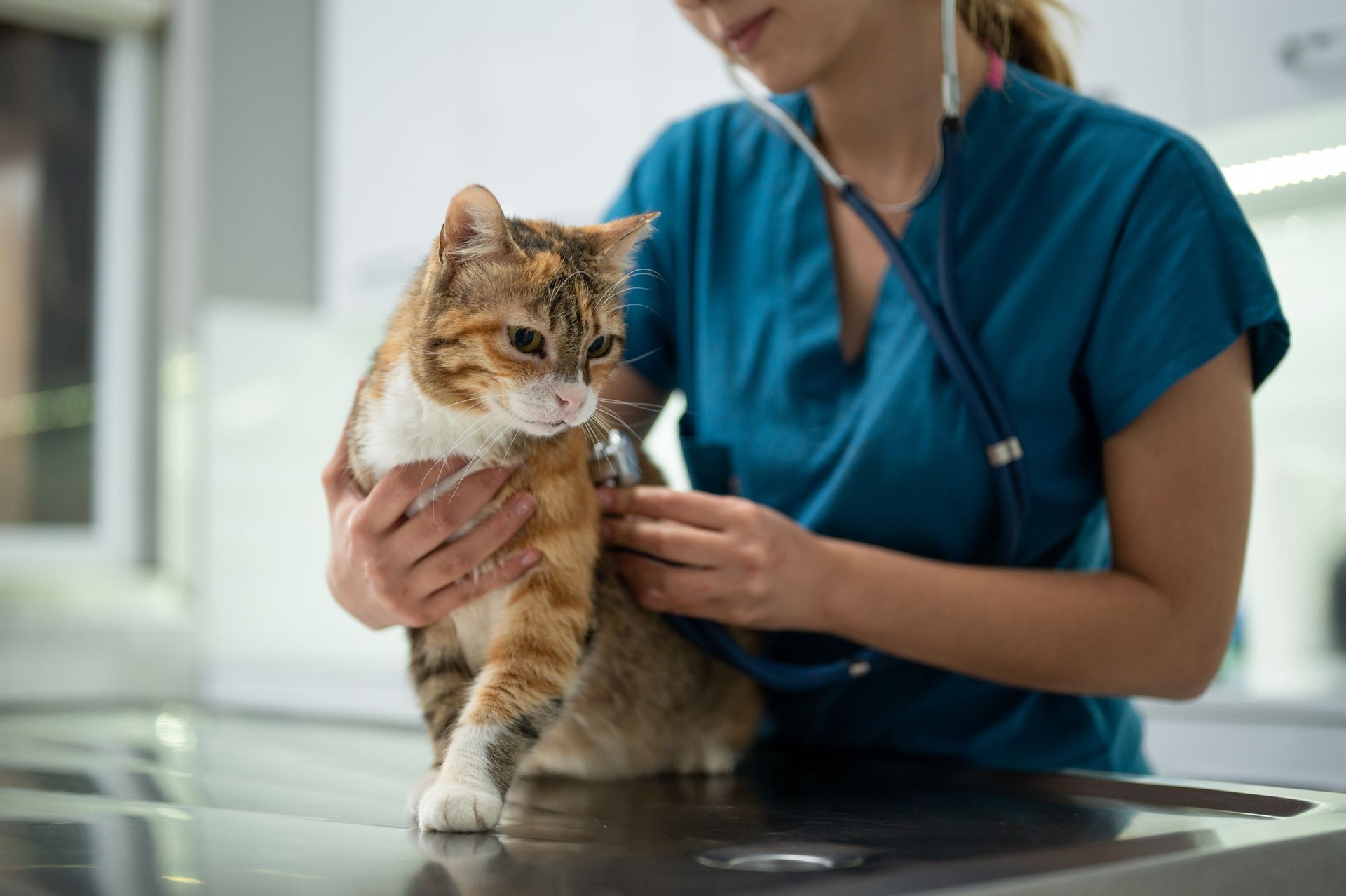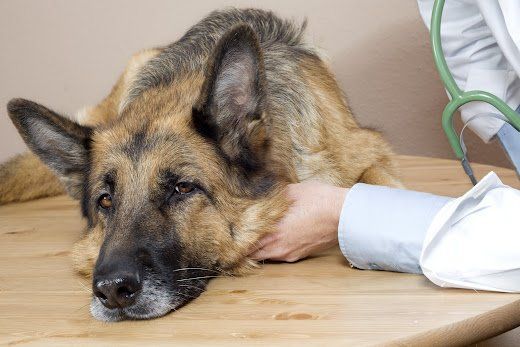Common Puppy Diseases: Signs, Symptoms and Treatment Options

Puppies are a great new addition to a family, and, as with any new addition, you may worry about what could go wrong. Puppies are susceptible to various diseases, some of which can be fatal without timely treatment. Read on to learn some of the most common puppy diseases and their symptoms.
Parvovirus
Parvovirus is a serious and often deadly disease that affects puppies. The virus attacks the gastrointestinal tract, which results in severe vomiting and diarrhea. In extreme cases, the virus can lead to dehydration and death.
Parvovirus is particularly dangerous for young puppies, as their immature immune systems are often unable to fight off the infection. And since their immune systems are not yet fully developed, they can quickly become severely ill if they contract the virus.
The virus is also highly contagious and can spread through contact with infected feces. The disease-causing pathogens typically thrive in the feces of infected dogs and can survive in the environment for months. Puppies then contract the virus through contact with contaminated soil, feces, or even if they're close to an infected dog.
The symptoms of parvovirus include the following:
- Vomiting
- Diarrhea (which may be bloody)
- Lethargy
- Fever
- Loss of appetite
Treatment involves aggressive supportive care with supplemental intravenous fluids and antibiotics. With the right treatment, most puppies will recover from the illness. However, some may suffer from long-term health problems like heart disease due to viral damage.
Prevention is the best defense against parvovirus. Thankfully, vaccines help protect puppies from this potentially deadly disease. You should vaccinate your puppies when they're six weeks old and then booster them every three to four weeks until they are at least 16 weeks old.
If you need help, reach out to an experienced veterinarian to ensure that your puppy gets the best possible care and protection against parvovirus.
Canine Parainfluenza
Canine parainfluenza is a virus that causes respiratory disease in dogs. The virus is similar to the viruses that cause human parainfluenza and influenza.
The virus spreads through direct contact with infected saliva, mucus, or other respiratory secretions. The virus can also spread through contact with contaminated objects, such as food bowls or toys.
Canine parainfluenza is highly contagious and has more severe effects in puppies since their immune systems are not yet fully developed. Infected pets may experience a severe cough, runny nose, and difficulty breathing. In severe cases, the virus can lead to pneumonia and even death.
Treatment typically involves a course of antibiotics to help clear the infection, with supplemental supportive care such as increased fluid intake and plenty of rest.
Although canine parainfluenza is a serious illness, most puppies will recover with a proper treatment regimen. However, prevention is always the best option, so keep your puppy up-to-date on their vaccinations.
Leptospirosis
Leptospirosis is a bacterial infection that can affect both animals and humans. The bacteria spread through contact with contaminated urine, water, or soil. Infected puppies will exhibit symptoms like fever, vomiting, diarrhea, lethargy, and loss of appetite. In severe cases, the disease can lead to kidney failure and death.
While leptospirosis is more common in tropical climates, the disease can occur anywhere with contaminated water. And as a puppy owner, you need to be aware of the risks. The bacteria that cause the disease typically thrive in contaminated water and soil. So, make sure to keep your puppy away from these areas.
If you live in an area where the disease is common, talk to your vet about vaccination for your puppy. Usually, a few vaccination appointments will be enough for complete protection.
If your puppy shows any signs of illness, be sure to take them to the vet for an evaluation. Treatment typically involves a course of antibiotics and aggressive supportive care. Your vet will inform you on what to do to avoid reinfection in the future.
Most of these diseases are preventable through vaccination, so contact Baywood Animal Hospital to schedule an appointment for your puppy's shots.

